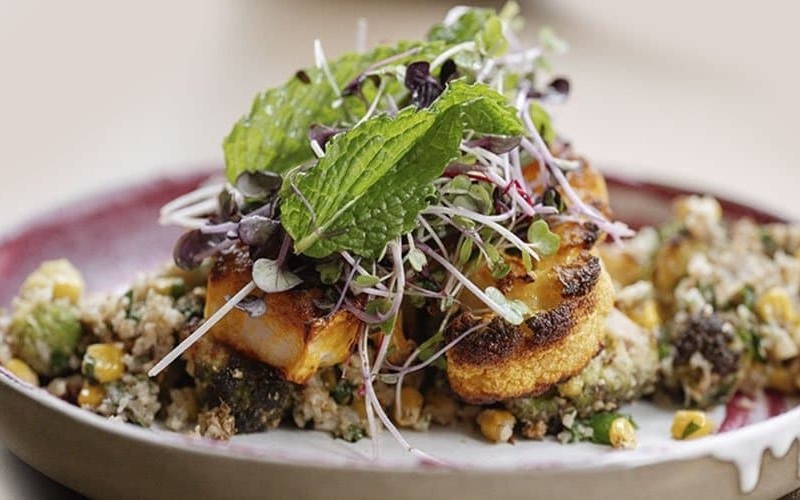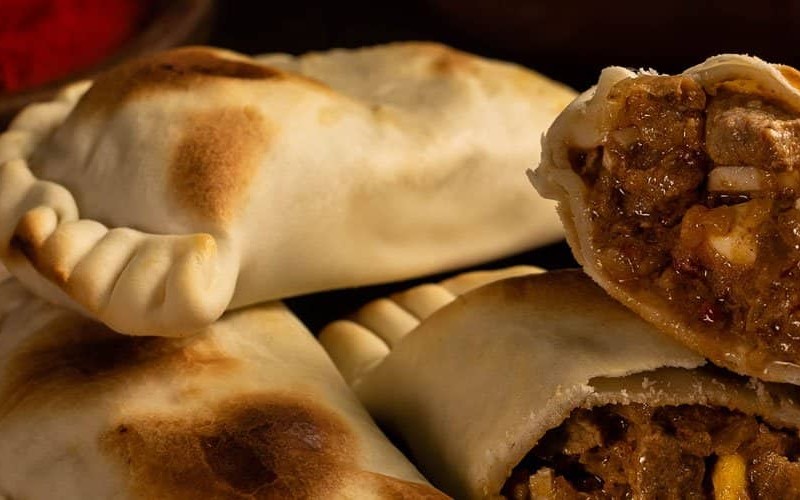A Sip of Brazil: The History of the Caipirinha
Looking for a little something to cool you off? Time to whip up your very own Caipirinha! Project Pulso is your guide.

This article is part of a series developed in partnership with Project Pulso.
Ah, the Caipirinha: Brazil’s most famous cocktail that has evolved from humble medicinal beginnings to stealing the global limelight at upscale bars.
Where did the Caipirinha come from, and how did it become Brazil’s liquid ambassador to the world?

The Caipirinha’s origin story, though still debated, seems to take us back to early 20th century Brazil, in the sugarcane fields of São Paulo. While it’s celebrated now as a party drink, its inception was far more medicinal. It’s believed sugarcane farmers would mix lime, garlic, and honey with cachaça—a Brazilian distilled spirit made from fermented sugarcane juice—to ward off the Spanish flu. Over time, the garlic and honey exited stage left, making way for sugar to enter the scene, and the modern Caipirinha was born.
The word “Caipirinha” is derived from the Portuguese term “caipira,” which refers to someone from the countryside. In a playful twist, “-inha” is a diminutive suffix, adding a touch of affection or endearment. So, in essence, Caipirinha might translate as “little countryside drink.”
No history of the Caipirinha would be complete without a nod to cachaça. Initially seen as a “poor man’s drink,” cachaça has ancient roots in Brazil, dating back to the 1500s. Over the centuries, its production methods refined and evolved, transitioning from a rough spirit to the smooth, flavorful backbone of the Caipirinha we know and love.
During the 20th century, Brazil started making a mark on the global stage with its rich culture. From the rhythmic samba to its unparalleled soccer skills, Brazil was in the limelight. Alongside these, the Caipirinha began its global journey. Tourists who tasted this delightful concoction in Brazil’s sunny beaches returned home with tales of a refreshing cocktail that epitomized the spirit of Brazil.
So, in the late 20th and early 21st centuries, the Caipirinha became a staple in bars and restaurants worldwide. With the increasing popularity of Latin American cuisine and culture, the Caipirinha found its place among the pantheon of classic cocktails like the Mojito and Margarita.
Intrigued? Here’s how to make the classic Caipirinha, courtesy of Project Pulso:




